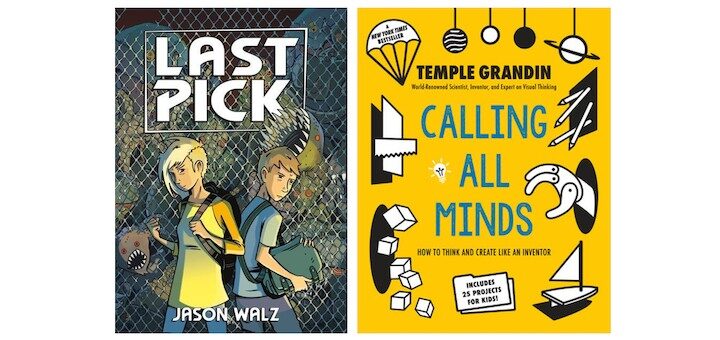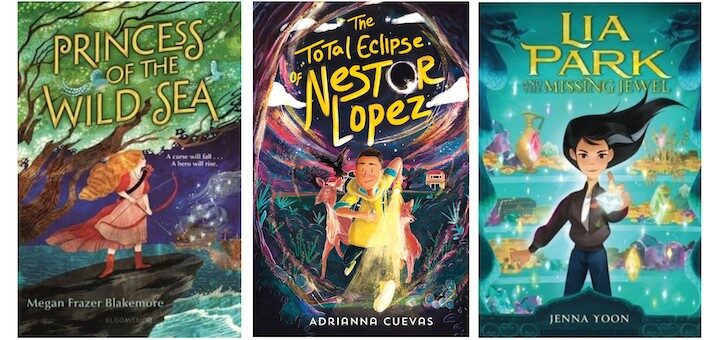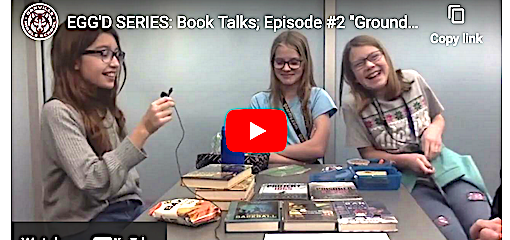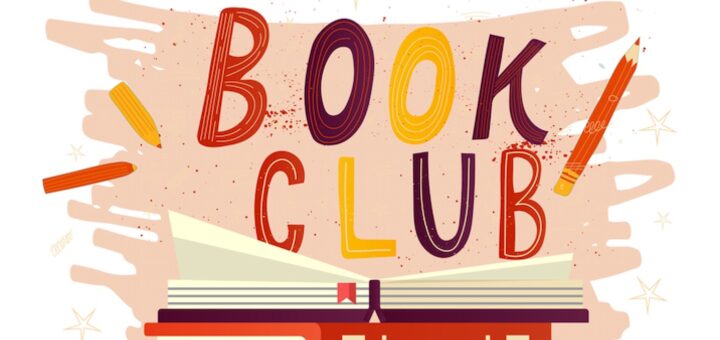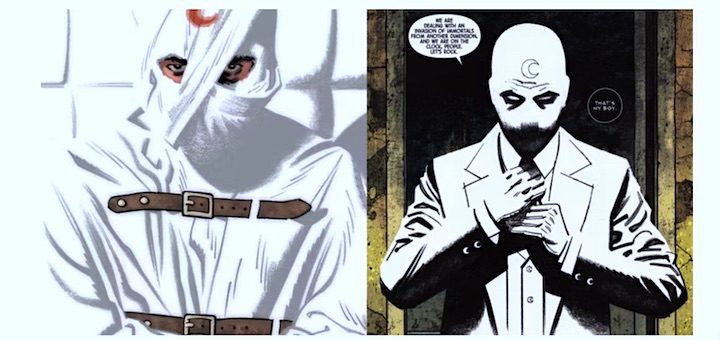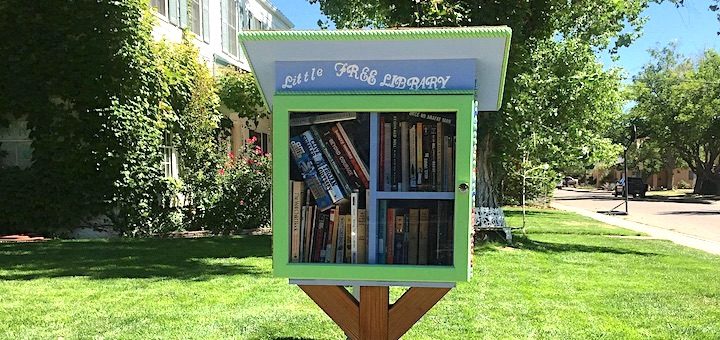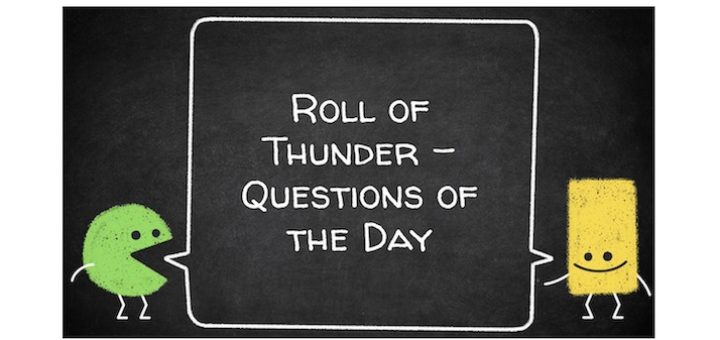Graphic Novels: Paired or Primary Reads?
Do graphic novels get to stand on their own, or should they be paired with additional texts? ELA teacher Jason DeHart explores that question and concludes (no surprise) that the answer is both. See his suggestions for paired titles that will appeal to middle grades readers.

